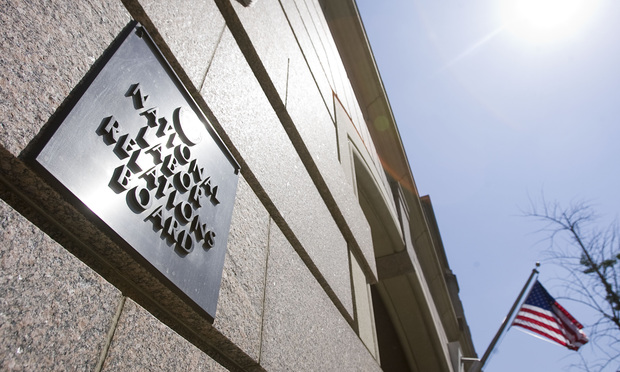The U.S. Supreme Court, in a constitutional showdown between the president and the U.S. Senate, ruled President Barack Obama overstepped his authority to make certain recess appointments while the Senate conducted three-day pro forma sessions.
Although the high court found the president wasn’t permitted to make the recess appointments at issue—filling positions on the National Labor Relations Board—because the Senate was in session at the time, a majority of the justices otherwise adopted a broad reading of the president’s recess-appointment authority.
Justice Stephen Breyer wrote the unanimous decision in National Labor Relations Board v. Noel Canning. The case represented the first time the justices had examined the meaning and scope of the Constitution’s recess-appointments clause. The clause states: “The President shall have Power to fill up all Vacancies that may happen during the Recess of the Senate, by granting Commissions which shall expire at the End of their next Session.”
The high court said the president could make recess appointments during both intersession and intrasession recesses by Congress. The White House could also fill vacancies that came open before or during a recess. The key issue, the high court said, was the length of the recess.
“[W]hen the appointments before us took place, the Senate was in the midst of a 3-day recess. Three days is too short a time to bring a recess within the scope of the clause. Thus we conclude that the president lacked the power to make the recess appointments here at issue,” Breyer wrote.
The Senate’s pro forma sessions during the time in question counted as legitimate sessions, not recesses, the high court said.
“We hold that, for purposes of the recess-appointments clause, the Senate is in session when it says it is, provided that, under its own rules, it retains the capacity to transact Senate business,” Breyer wrote. “The Senate met that standard here.”
The judgment was unanimous, but Justice Antonin Scalia wrote a concurring opinion disagreeing with the majority’s findings on the breadth of the president’s recess-appointment authority. Scalia said the president should be limited to filling vacancies that arose during a recess, and only if that recess occurred between the Senate’s formal sessions (as opposed to during a session, known as intrasession).





